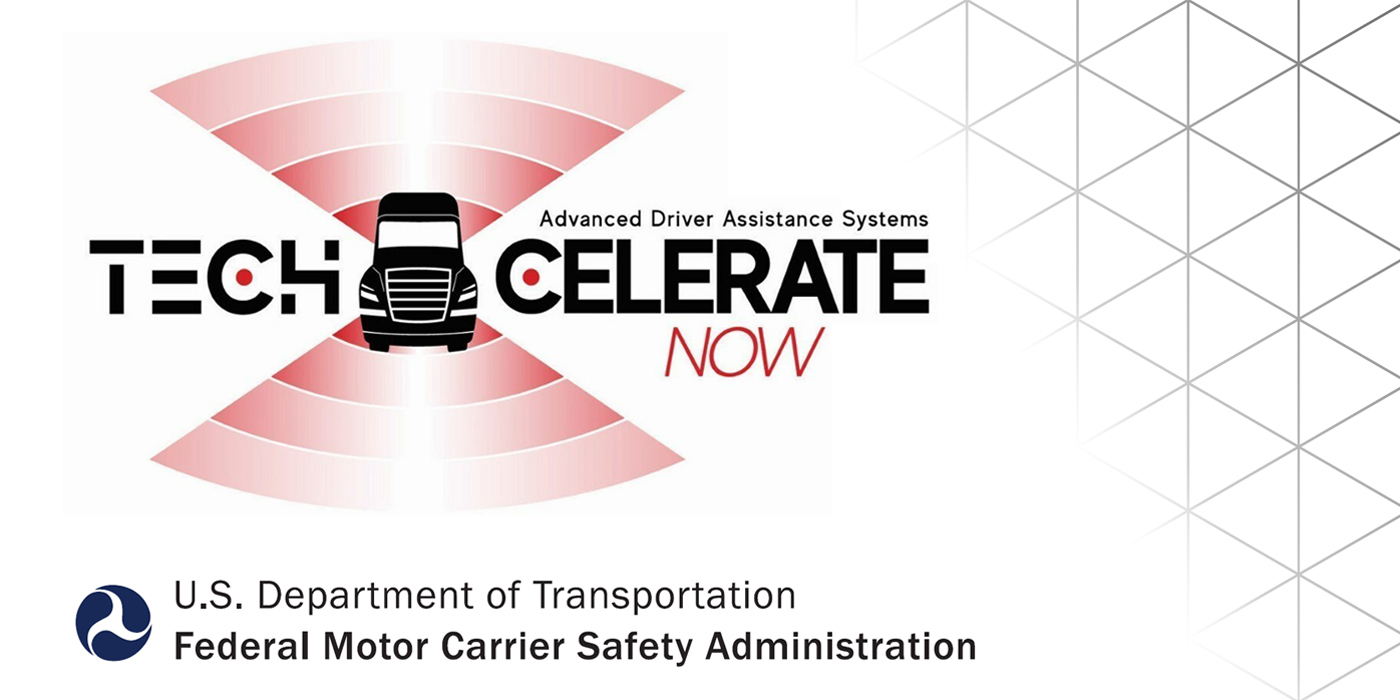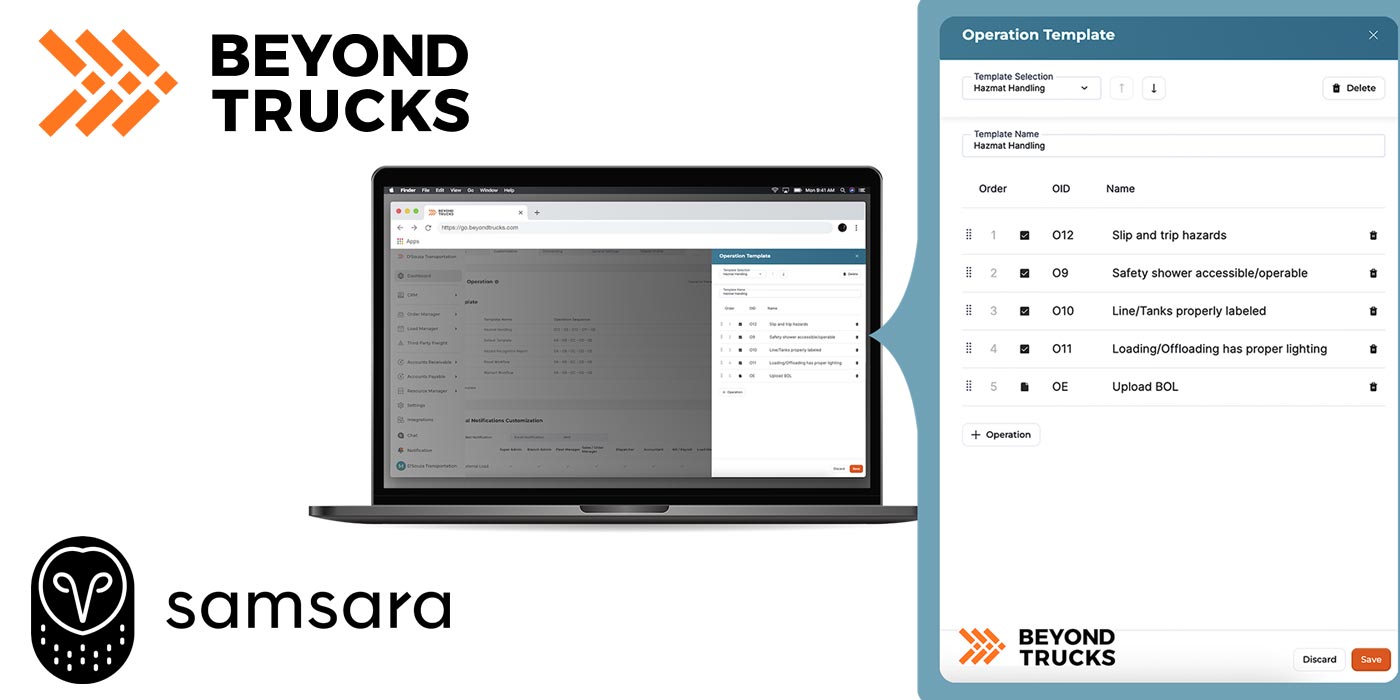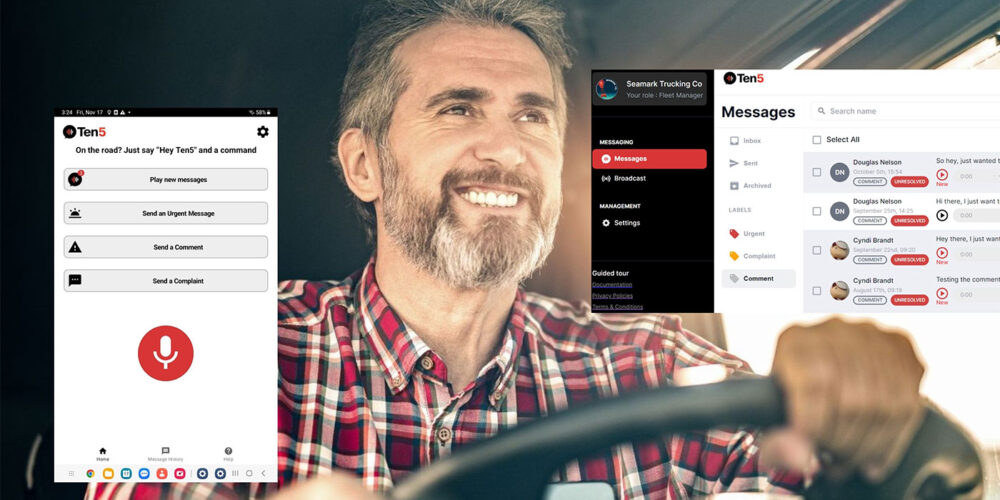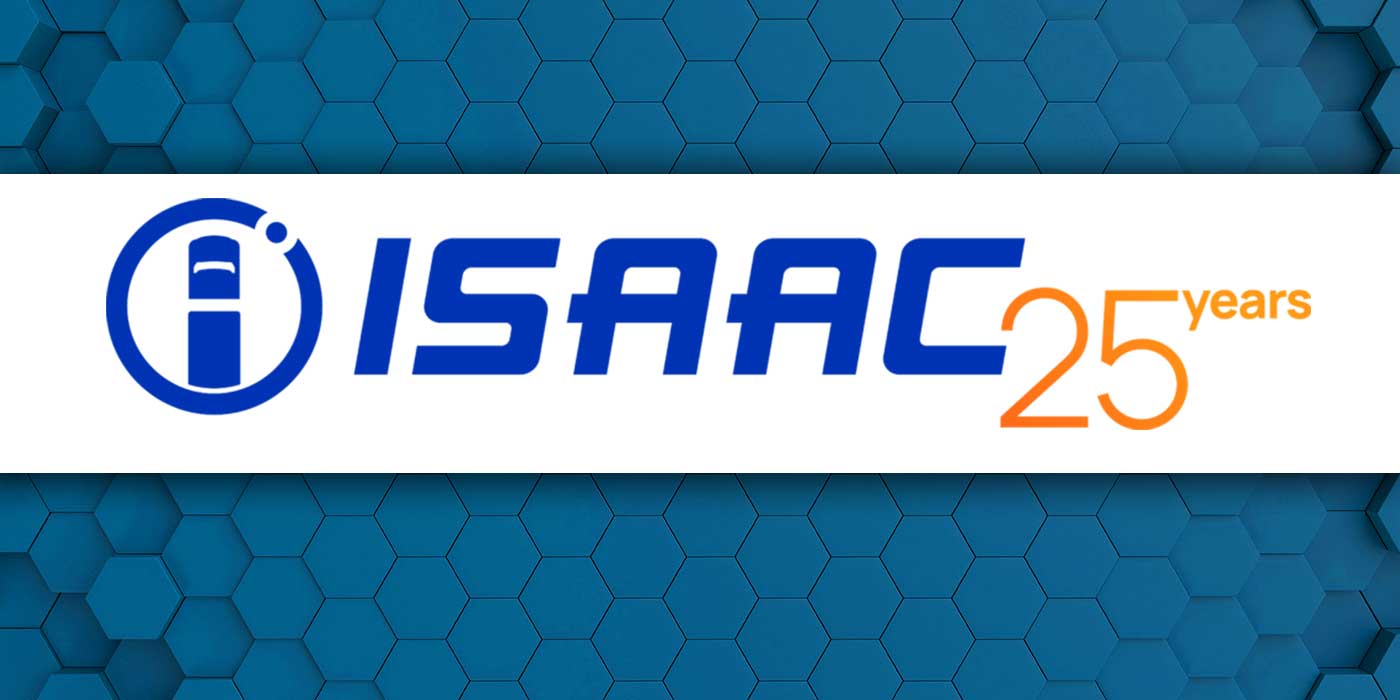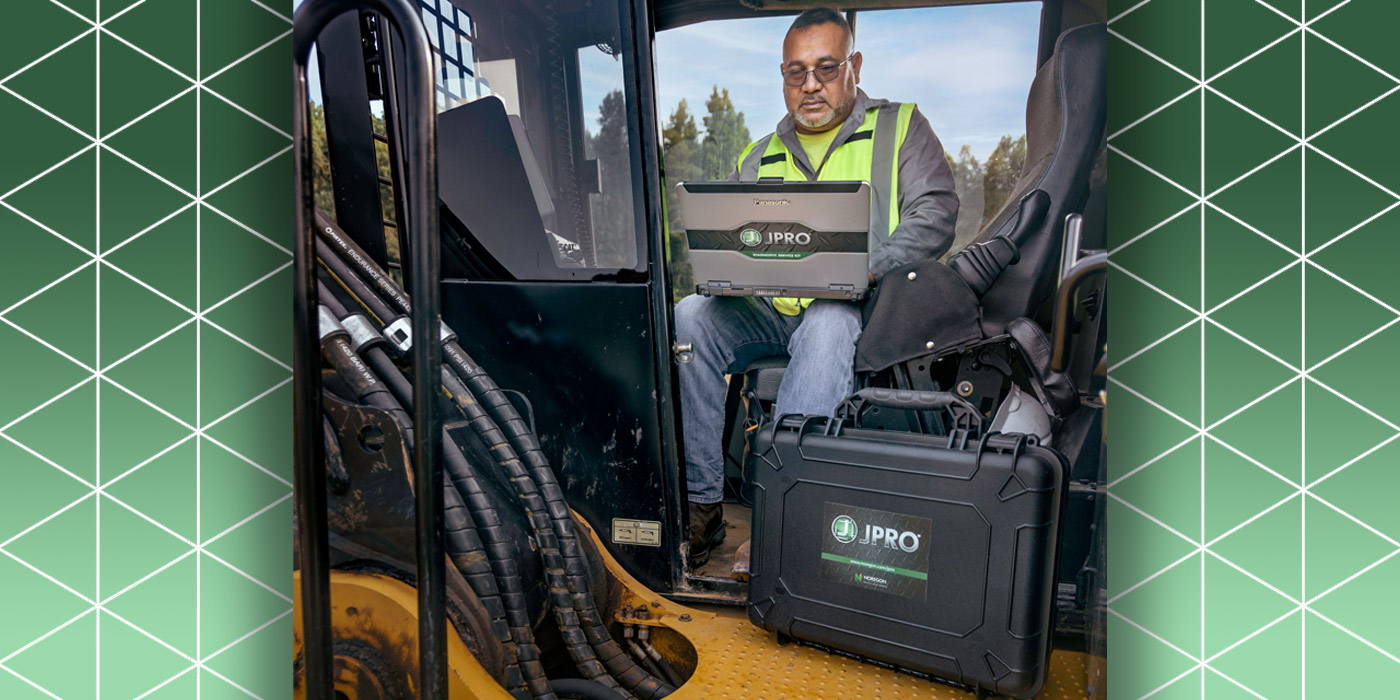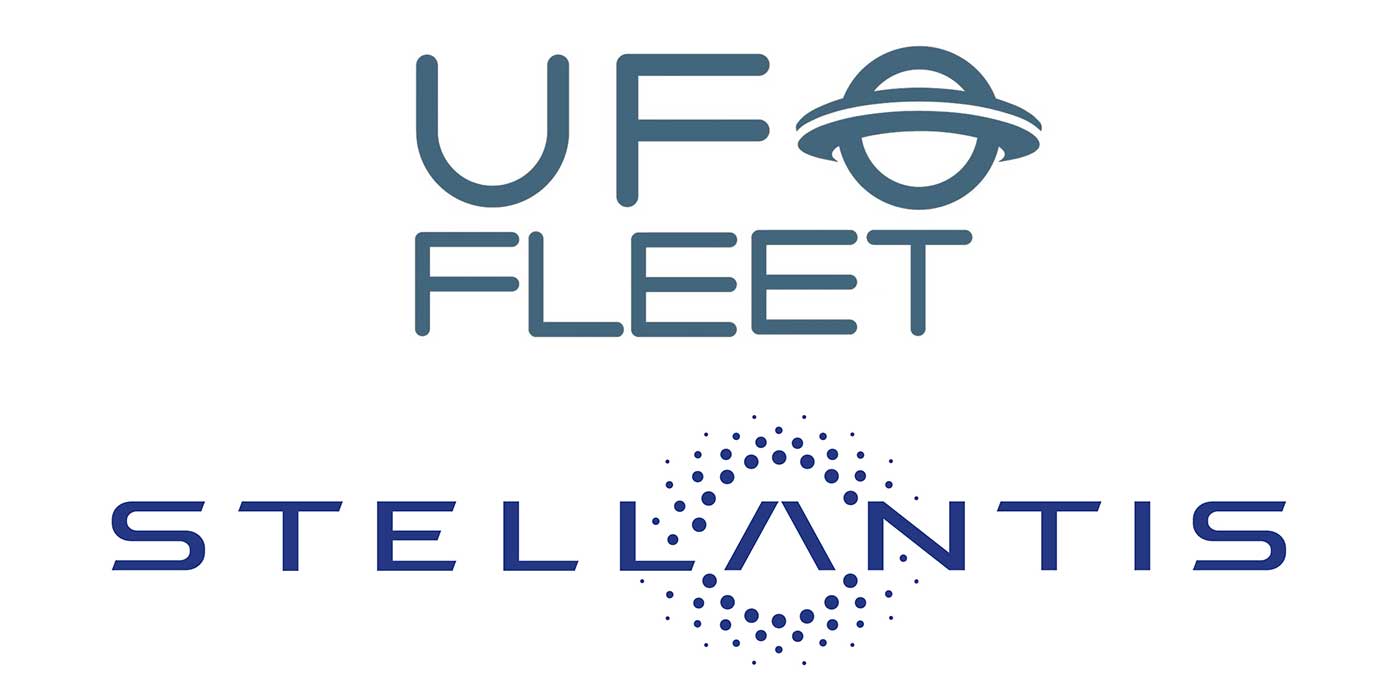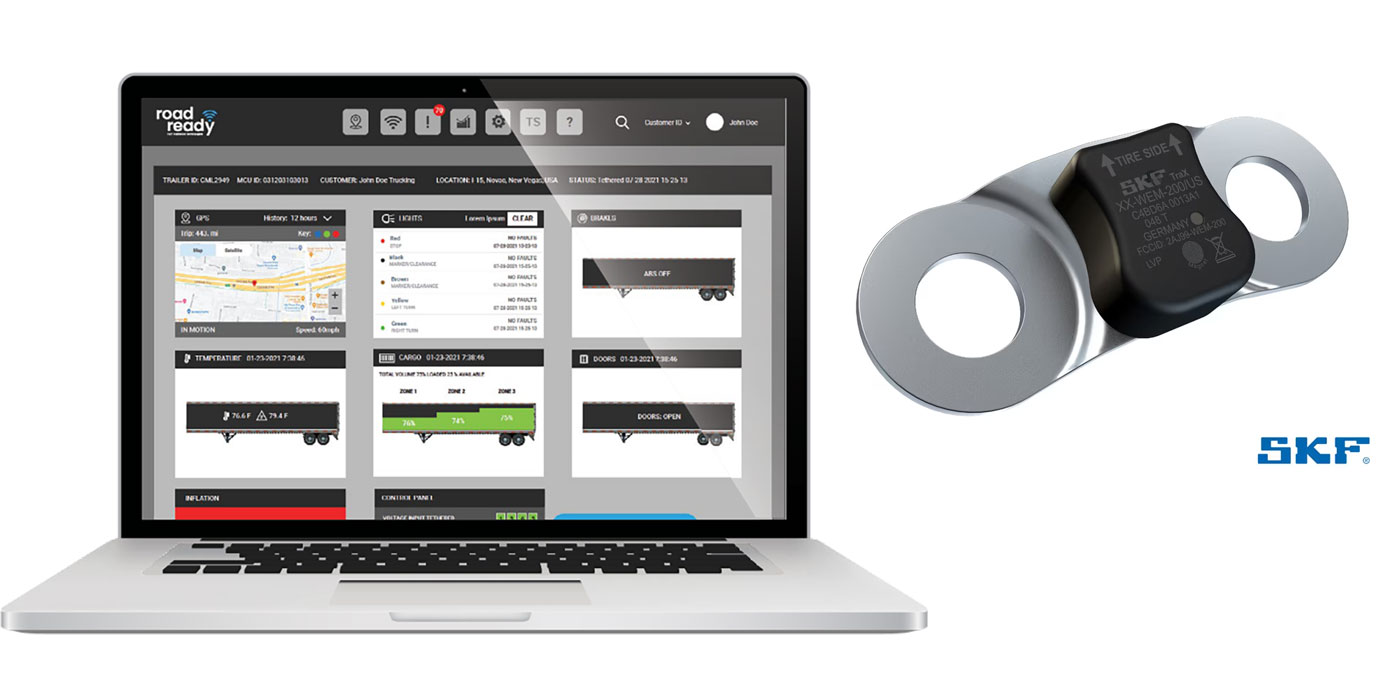“Warranty is intended for defects in work, not normal wear and tear. It’s there in case you need it. It’s peace of mind,” said Bendix’s Doug Wyer, warranty administrator.
Hendrickson’s Jim McDaniel, warranty supervisor, Truck, offered pointers on warranty claims. “With the suspension, all ride characteristics can come under scrutiny, and in some cases fleets will change shocks (ride characteristics) or ride control valves when rarely were they defective,” he said. “Customers can get accustomed to changing too quickly. They should verify the right part to replace.
“Plus, they’ll use a will-fit part while on the road, but I believe that fleets know the true value of the genuine OE-quality brand. It takes time to track down the right part,” McDaniel continued, noting the importance of time, date and description to help diagnose the issue.
“The symptoms are usually not the root cause. Technicians are well-educated and know how they operate—they know what they should do, especially electronic and electrical systems,” added Bendix’s Wyer.
Wyer suggests to fleets, “Be aware that today’s vehicles are more complex, plus there’s an influx of knockoff and counterfeit parts. Be aware of the benefits of using genuine—the original brand.
“Always rely on good sources for parts replacement, and when filing a warranty claim, the more information, the better to describe the problem. Details like VIN and odometer reading will determine the part’s eligibility for warranty.”
Each company pointed out the value that training plays in warranty administration. Everything from training classes to field reps conducting product training can assist technicians with access to correct tools and support materials like service manuals, troubleshooting guides and repair guidelines.
John Needham, manager—warranty operations, Eaton Corp. Roadranger, said, “The most common reasons for warranty denials or warranty adjustments result from claims that lack the appropriate information to properly adjudicate the claim, such as the model or serial number or proper description of the complaint and actual repair performed.
For the “declined warranty contributors,” Needham calls out out-of-warranty and non-warrantable claims, excessive labor claims with no technical documentation, and excessive parts claims where coverage may have expired. To streamline the warranty process, always make certain that all of the service provider personnel understand the basic warranty claim processes.
According to Needham, “During pre-repair, the service writer should always provide a driver’s detailed description of the complaint. A proper write-up will also help determine a service strategy without extending the service time to help maximize dealer efficiency and reduce downtime. A good complaint description is critical to the technician, who also notes any labor required above the Standard Repair Time.
Needham suggests the fleet’s warranty administrator make timely submissions, and understand the part return requirements. He also suggested making sure repair orders (ROs) are closed and attached for direct file claims outside of the OEM warranty.
Meritor’s Charles Allen, global service director, and Brent Robb, warranty and customer support manager, cited the most common reasons for denial of claims:
1. No defect in workmanship and materials. Warranty is not coverage for wear items or wear parts. Wear is not a defect!
2. Don’t swap out the “defective” part and then call the supplier.
3. Time and mileage is beyond the warranty coverage.
4. A part can break with the vehicle being beyond its vocational intention—it simply must be operating in the approved vocation (linehaul, construction, mining, off-highway, refuse, etc.) The warranty period often changes based on the vocation.
“We manage the repair and will not authorize just replacing the part(s) randomly, and we’ll cover the costs,” said Allen. In most cases, it is not necessary to replace ALL the parts to make a repair. The “while we’re in here, we could replace this and that” mentality should be avoided—these are not warrantable items.
Meritor’s Allen offered a final note, saying, “Customers wait too long and even call us after the fact (after a warranty repair), they even contact us six months after the repair has been made.”

